It’s good to have something to make you laugh at the start of your day. Today, I was particularly taken by this article on a UK government website:
It wasn’t the headline that made me laugh, of course – that’s pretty serious. No, what caught my attention (thanks to mhoye on Mastodon) was further down, where they offer the general public some advice on how the they can help mitigate the situation:
Fabulous! Yes, it’s those emails from granny that are really emptying the reservoirs! Free up some hard disk space and the rivers will flow freely again! I particularly like the use of the word ‘pressure’.
So I’m now left contemplating a set of possibilities, in increasingly worrying order:
- This was put in as a joke, to test whether the editor actually read the article before publishing it, or…
- The article was actually written using ChatGPT, or…
- We actually have people this foolish working for our government agencies and publishing recommendations on their behalf.
Mmm….


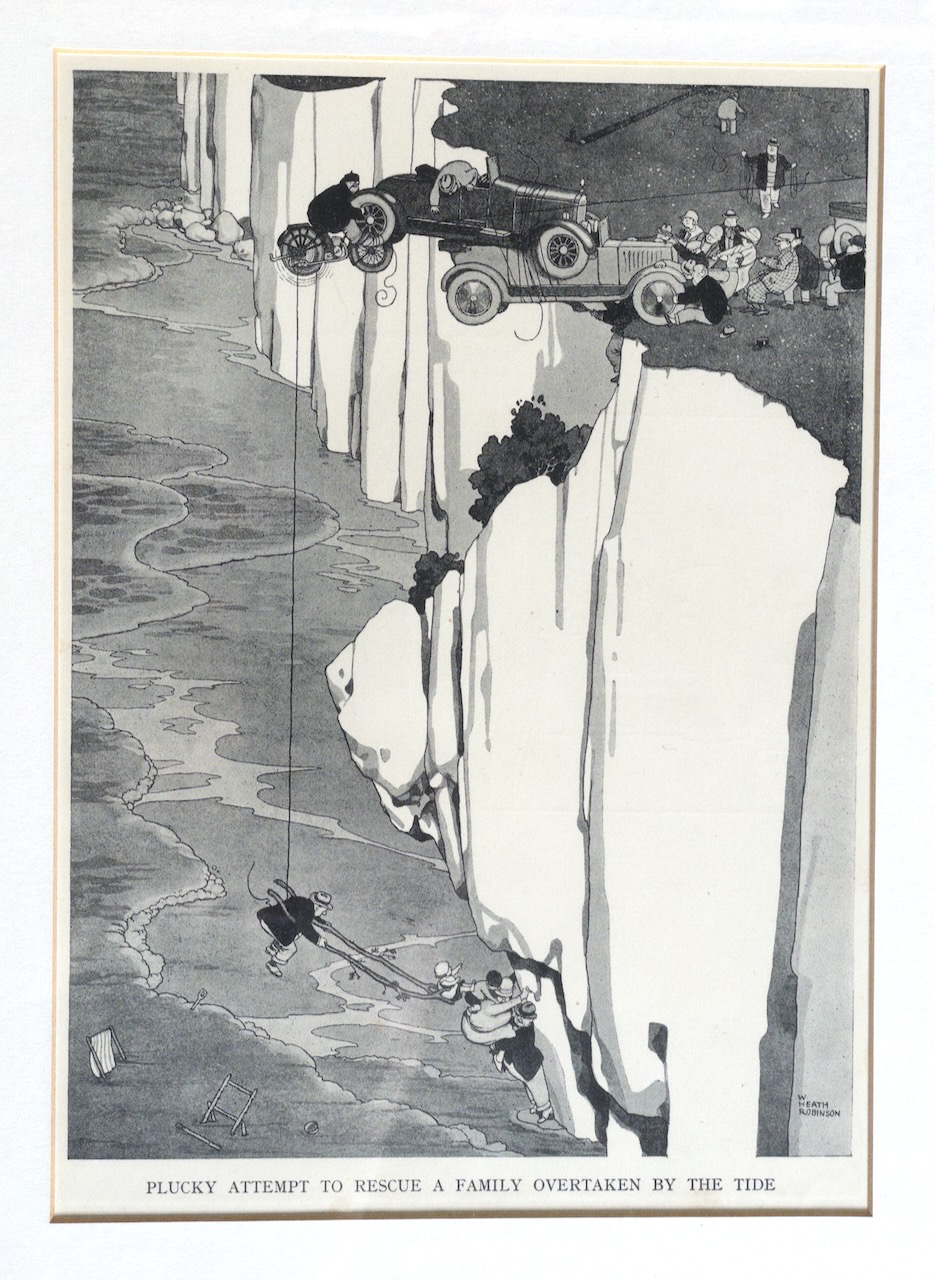
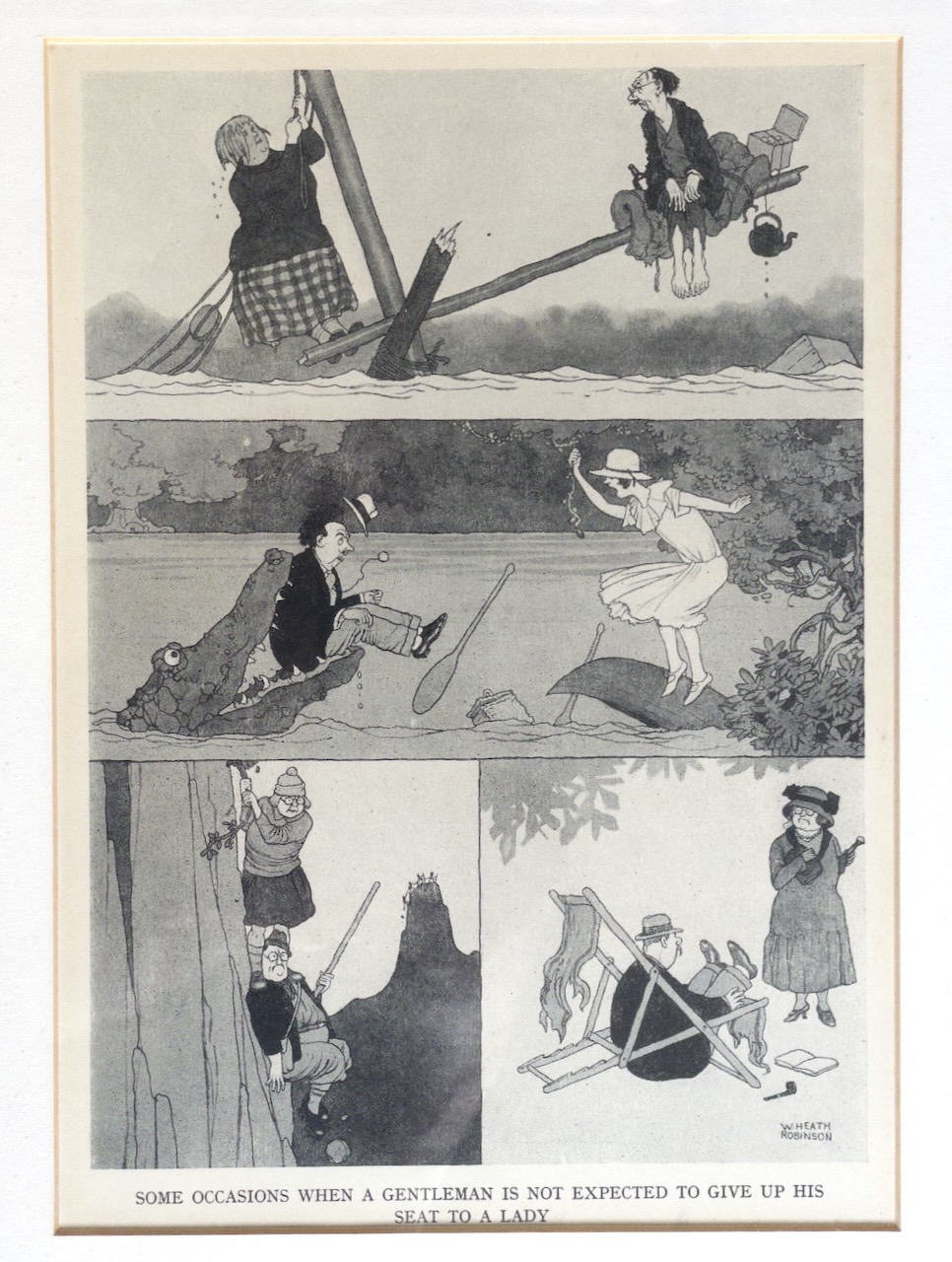
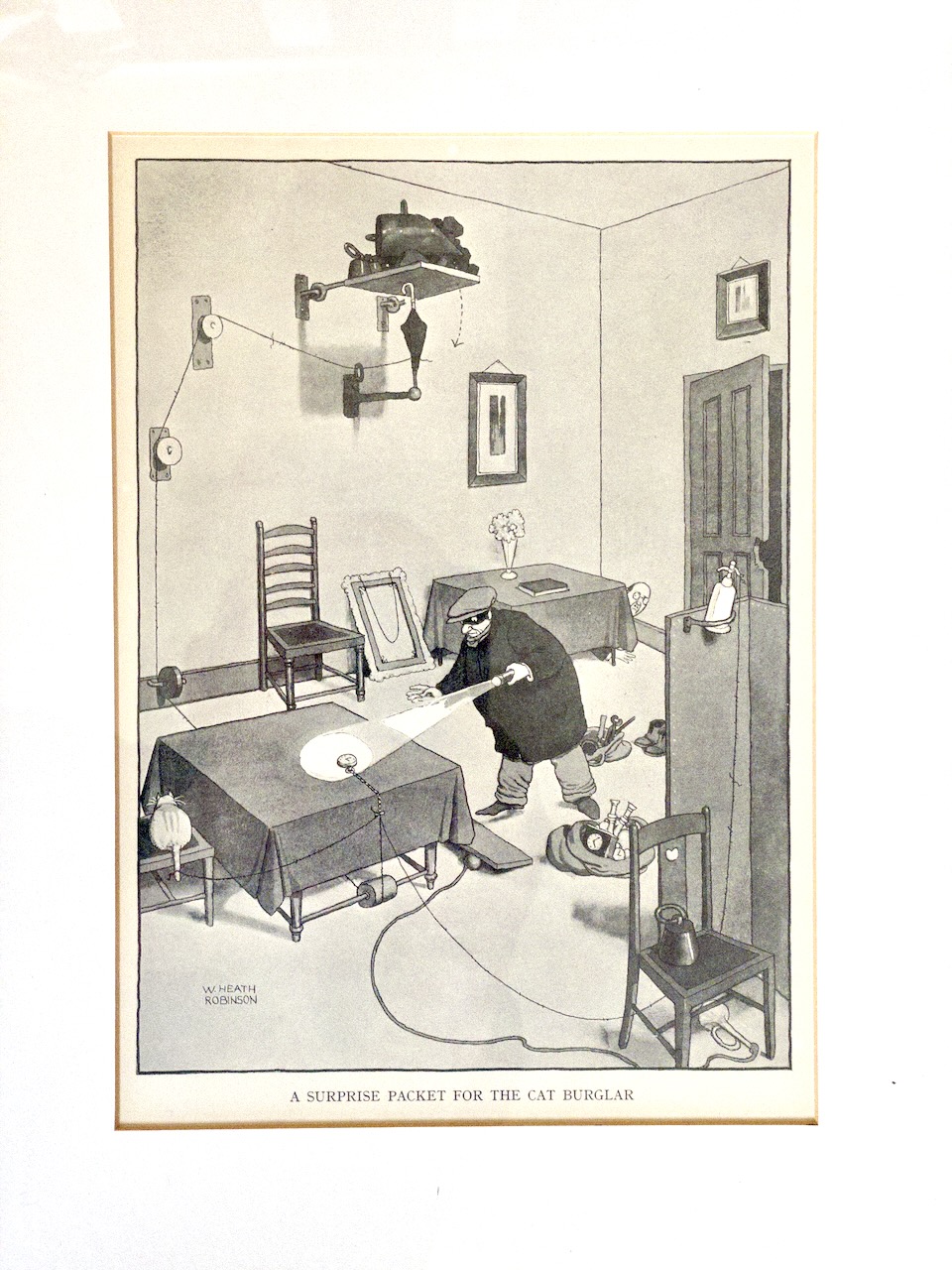
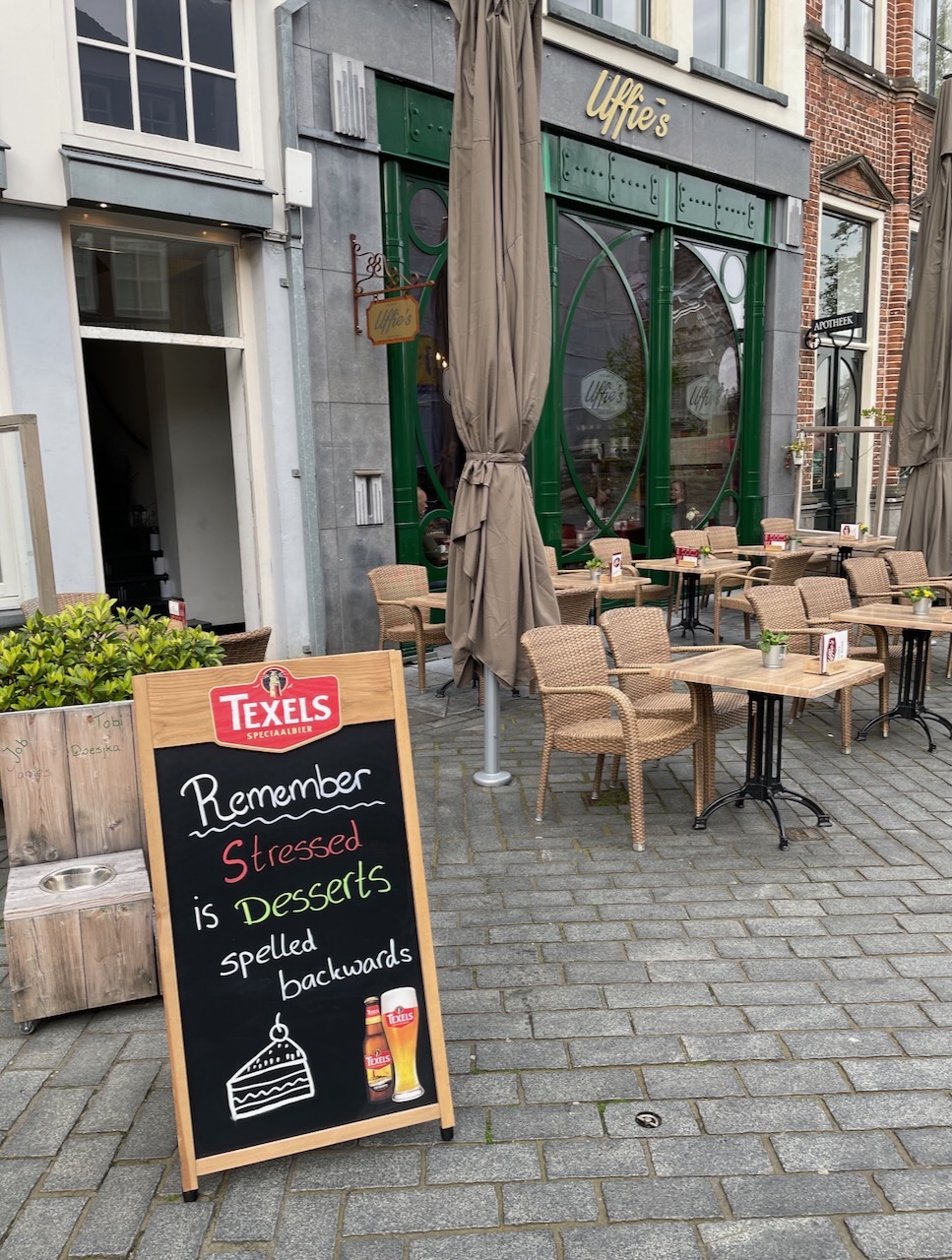

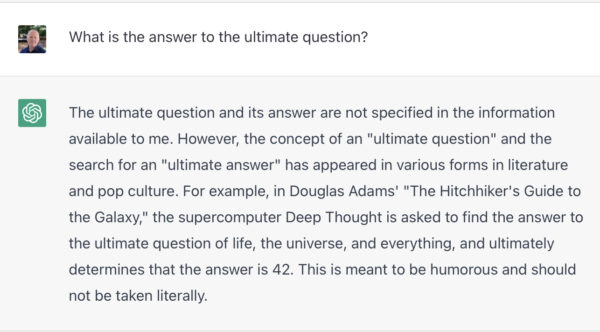
Recent Comments